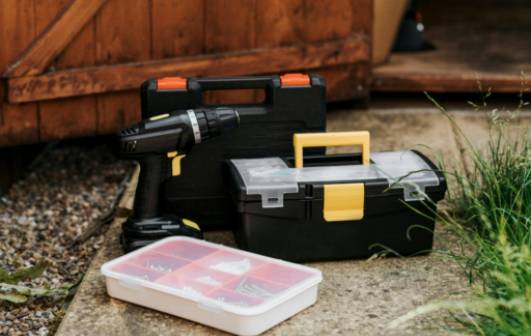The Ultimate Guide to Extending the Lifespan of Your HVAC System
22 March 2025 by Kyran B.As a homeowner, one of the most important systems in your home is undoubtedly your HVAC system. It works tirelessly to keep your space comfortable year-round, but like any appliance, it requires regular maintenance and care to ensure it continues to operate efficiently. In this comprehensive guide, we will explore the key steps you can take to extend the lifespan of your HVAC system, from routine maintenance and energy efficiency tips to upgrading to a modern system and managing its workload. We'll also discuss the importance of insulation and ventilation in maximizing the efficiency and longevity of your HVAC system. So read on to learn how you can keep your HVAC system running smoothly for years to come.

Program your thermostat to adjust based on your schedule. This way, you can save energy when you are not at home or asleep.
Regularly clean or replace air filters to ensure proper airflow and prevent strain on your HVAC system.
Seal any leaks in your ductwork to prevent air from escaping and to ensure that your system is running efficiently.
Keep your vents clear of any obstructions to allow for proper airflow throughout your home.
Consider installing a programmable thermostat or smart thermostat to easily regulate the temperature in your home and optimize energy usage.
Utilize ceiling fans in conjunction with your HVAC system to help circulate air and maintain a consistent temperature. By implementing these energy efficiency tips, you can not only save money on your energy bills but also help prolong the lifespan of your HVAC system.

Understanding HVAC System Lifespan
The lifespan of an HVAC system can vary depending on several factors, including the quality of the system, how well it is maintained, and how much it is used. On average, a well-maintained HVAC system can last anywhere from 15 to 20 years. However, without proper care and attention, the lifespan of an HVAC system can be significantly shortened. Understanding the lifespan of your HVAC system is essential in order to properly care for it and ensure that it functions efficiently for as long as possible.Routine Maintenance
Routine maintenance is crucial for extending the lifespan of your HVAC system. By regularly inspecting and servicing your system, you can ensure that it is running efficiently and effectively. This includes changing air filters, cleaning vents, and checking for any signs of wear or damage. Regular maintenance not only helps prevent costly breakdowns, but it also keeps your system running at peak performance, saving you money on energy bills in the long run. By staying on top of routine maintenance tasks, you can significantly prolong the life of your HVAC system.Spotting Warning Signs of HVAC Issues
Some common warning signs to look out for include strange noises such as banging, rattling or hissing, uneven heating or cooling in different rooms, a sudden increase in energy bills, unpleasant odors coming from your vents, and frequent cycling on and off. It is important to address these warning signs as soon as possible to prevent further damage to your HVAC system. Regular maintenance and inspections can help identify and resolve these issues before they escalate into more serious problems.Energy Efficiency Tips
Here are some tips to help improve the energy efficiency of your system:Program your thermostat to adjust based on your schedule. This way, you can save energy when you are not at home or asleep.
Regularly clean or replace air filters to ensure proper airflow and prevent strain on your HVAC system.
Seal any leaks in your ductwork to prevent air from escaping and to ensure that your system is running efficiently.
Keep your vents clear of any obstructions to allow for proper airflow throughout your home.
Consider installing a programmable thermostat or smart thermostat to easily regulate the temperature in your home and optimize energy usage.
Utilize ceiling fans in conjunction with your HVAC system to help circulate air and maintain a consistent temperature. By implementing these energy efficiency tips, you can not only save money on your energy bills but also help prolong the lifespan of your HVAC system.